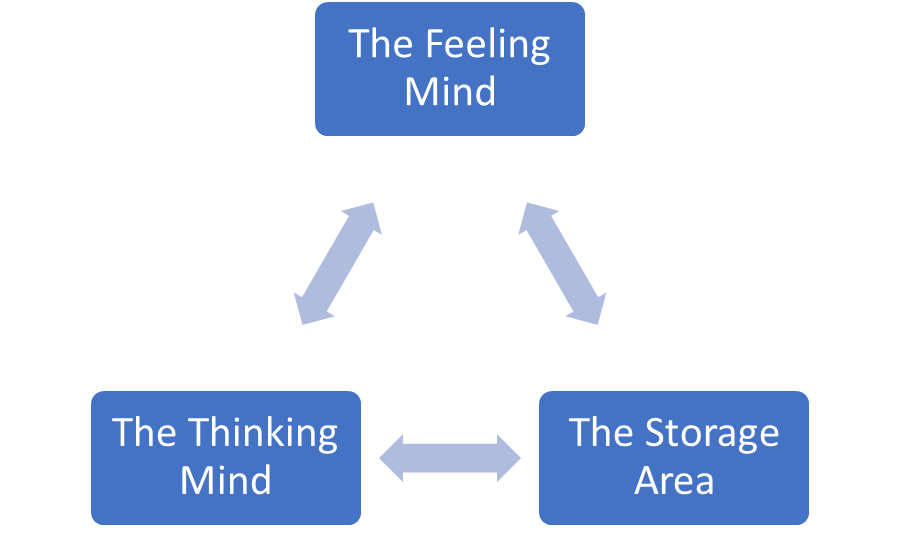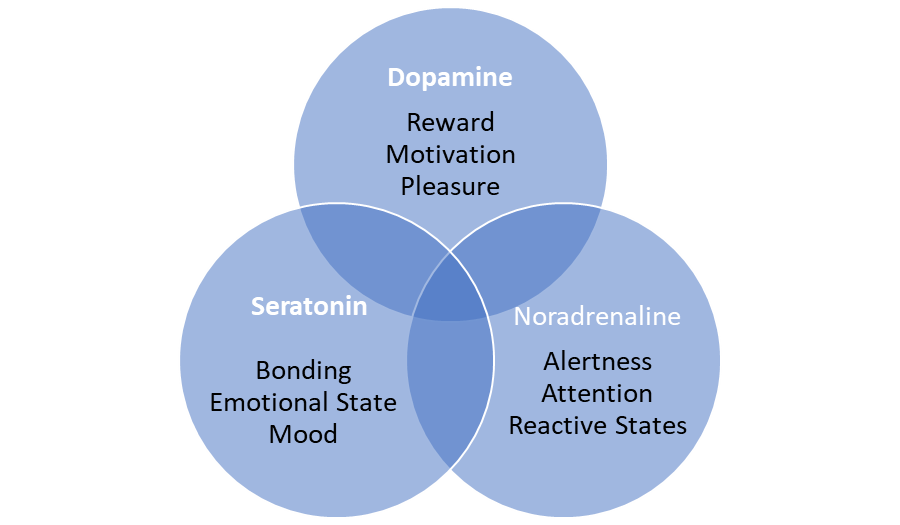What is Emotional Intelligence?
“The capacity to be aware of, control, and express one’s emotions, and to handle interpersonal relationships judiciously and empathetically.”
Emotional intelligence is the key to both personal and professional success
A quick, but by no means a comprehensive coverage of the subject but this should give some insights into the mind and emotional intelligence.
EI is the balance mainly between 2 types of intelligence:
- Interpersonal Intelligence:
This is based on how well we interact with others, build relationships and communicate effectively with people at different levels. - Intrapersonal Intelligence
This is an understanding and an appreciation of yourself and an overall self-awareness of your emotional and behavioural states.
There are several other types of intelligence that will influence EI:
Existential Intelligence
Kinaesthetic Intelligence
Linguistic Intelligence
Logical-Mathematical Intelligence
Musical Intelligence
Naturalist Intelligence
Spatial Intelligence
Feeling vs Thinking vs Storage Brain
Our brain in simple terms, is divided up into 3 areas

- The Feeling mind which is also known as the limbic system and is responsible for our emotional states
- The Thinking mind is where your personality is stored and is the logical area of the brain
- The Storage area is everything that has been learned or retained since birth
Classic Conditioning
Classic conditioning is the process of how the brain naturally responds to stimulus and based on the repetition of the outcome that happens as a direct result.

Operant Conditioning
Operant conditioning occurs when behavioural patterns are reinforced through rewards (dopamine) or weakened due to a negative consequence. This may depend on how often conditioning is occurs and how it is being reinforced.

Emotional Hijacking
Emotional hijacking is where the amygdala responds to stimulus, overriding the thinking or logical part of the brain. The amygdala is emotional and has some emotional memories attached. The hijacking can occur for a number of reasons. We may stored, faulty experiences, memories or belief systems. Specific types of stimulus can trigger these previous experiences, memories or learned belief systems that may not actually be the reality.
Neurotransmitters
Neurotransmitters are chemical messengers in the body that transmit signals from nerve cells. There are 3 common neurotransmitters with specific functions.

- Dopamine is used in the process of motivational behaviour and behavioural enforcement. Dopamine is often referred to as a repeat and reward behaviour and can be highly addictive
- Serotonin is responsible for emotional and some behavioural states
- Noradrenaline is used by the body to respond to stress to include danger, alertness, vigilance, arousal or a perceived type of emergency. This sharply focuses our attention to the person, situation or environment
See the following videos from Simon Sinek on neurotransmitters and how this affects mental health
Simon Sinek: We’ve raised a generation on dopamine
https://www.youtube.com/watch?v=OEpogM_fxsQ
Simon Sinek – The Good Life Chemistry
https://www.youtube.com/watch?v=2wJoeSXuD6I&t=75s